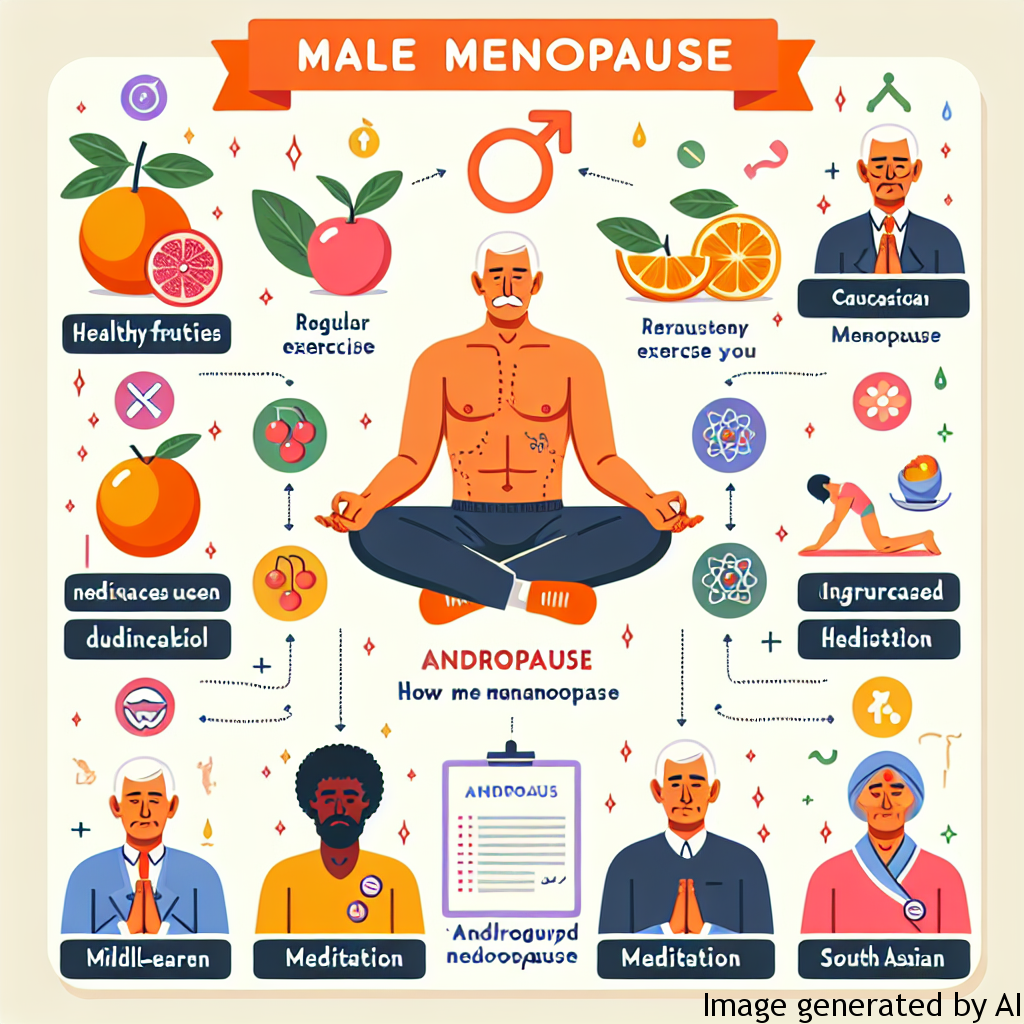Introduction
Male menopause, also known as andropause, is a term used to describe age-related changes in male hormone levels. Although it is not officially recognized by the medical community, the term male menopause is often used to capture a variety of symptoms including fatigue, depression, irritability, reduced libido, and physical changes such as reduced muscle mass. It is vital to manage this condition effectively to ensure the overall well-being of men as they age.
Description of Gender Expectations and Their Impact on Men’s Mental Health
Societal gender expectations often influence how men perceive themselves and how others perceive them. These gender expectations may have a substantial impact on men’s psychological health, particularly during times of significant life change such as the onset of male menopause.
Pressure to Conform
Men are often under pressure to conform to societal expectations of masculinity, strength, resilience, and the capacity to provide. These pressures to ‘man up’ and not show any signs of vulnerability can cause immense stress, oftentimes leading to mental health issues such as depression and anxiety.
Emotional Expression
The societal stereotype that men should remain emotionally stoic can make it challenging for men to express or even acknowledge their feelings. During male menopause, men may experience a range of emotional symptoms, including sadness and frustration, but cultural expectations may inhibit them from seeking help.
Examples of How Gender Roles Can Impact Men’s Lives
In the context of male menopause, gender roles can create or exacerbate stressors for men. For example, if a man experiencing symptoms of male menopause perceives that seeking medical help or counseling is not ‘masculine,’ he may continue to suffer in silence. Alternatively, men might feel embarrassed or self-conscious about physical symptoms like weight gain or a reduced sex drive, leading to decreased self-confidence and possible strains on their interpersonal relationships.
Tips for Improving Psychological Health, Considering Gender Roles
Given the societal pressures around gender roles, it’s important for men to seek strategies to improve their psychological health during male menopause.
Open Discussion
Creating an environment where men can openly discuss their feelings and symptoms can help reduce the stigma around male menopause. Encourage open conversations, and normalize the experience of male menopause.
Seek professional help
Consulting healthcare professionals or a trained counselor can provide men with the advice and coping strategies they need. Men should always remember that it’s okay to ask for help.
Self-Care
Exercise, a healthy diet, and plenty of rest can help alleviate some symptoms of male menopause. It’s also essential for men to take time for activities they enjoy and practice mindfulness to manage stress.
Conclusion
Understanding and managing male menopause requires open conversations, professional guidance, and self-care. Men need to be encouraged to break free from harmful societal pressures and reach out for help if necessary. By doing so, they can navigate through the difficult process of male menopause with more confidence and less stress.

